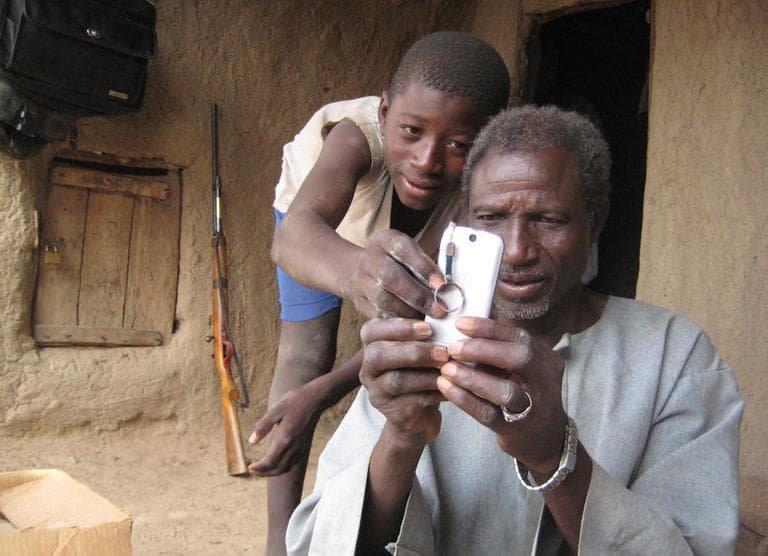Advertisement
Facebook's Next Conquest: The Developing World
Resume
With more than one billion users, Facebook has more or less conquered the developed world, so now the social media giant is setting its sights on emerging markets in Asia, Africa and Latin America.
Facebook has more or less conquered the developed world, boasting one billion users - or nearly half of all people on the Internet. But now the social media giant is setting its sights on third world countries, and potentially another one billion users.
In the developing world, most people have traditional cell phones that allow users to talk and text, but aren't capable of accessing the Internet. So Facebook has created a pared-down site that allows users to access a text-only version of Facebook, called Facebook Zero.
Facebook has struck deals with local telecom companies, so that people don't have to pay extra to access Facebook Zero on their traditional cell phones.
Christopher Mims of the digital news site Quartz told Here and Now's Robin Young that the strategy has been extremely effective.
"For [people in some developing countries], the Internet and Facebook are more or less the same," Mims said. "Especially since Facebook is the one thing that's free on these phones."
Privacy Concerns
According to Mims, this worries critics who have raised concerns about Facebook's checkered history on privacy.
"If you view Facebook as the world's ultimate surveillance machine, it's bad news that there's going to be another billion users," Mims said.
However, Mims said Facebook is opening up the Internet to a part of the world that had been cut off from it. And some savvy business people are leveraging Facebook in creative ways.
"Folks in other countries have figured out to hack the basic architecture of Facebook," Mims said.
For example, in the Philippines, if you "friend" someone on Facebook Zero, you might get spammed with a notification asking you to check out a photo with you in it. But when you go to the site, it's actually a picture of a tea kettle being sold on a roadside stand somewhere.
Mims says this is an example of how people are using Facebook Zero in ways that Facebook hadn't intended.
World Domination?
As Facebook continues to push into the developing world, other competitors are likely to spring up. Right now, Facebook isn't paying telecoms anything to offer their service for free, so if Google or Twitter came into the market, they could get a foothold by paying nominal fees.
But Mims said for now, Facebook's way ahead of competitors, and that could mean Facebook will one day have two billion users.
He wonders what that will mean for the social media site and whether it will change the basic premise of the Internet.
"At some point if Facebook is ubiquitous, that's where the information about... who you are, resides," Mims said.
Guest:
- Christopher Mims, science and technology correspondent for Quartz, a new business news site owned by the publisher of The Atlantic. He tweets @mims.
This segment aired on October 18, 2012.